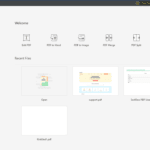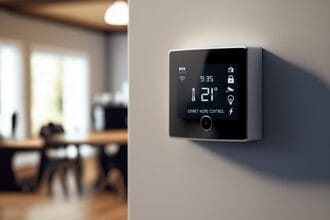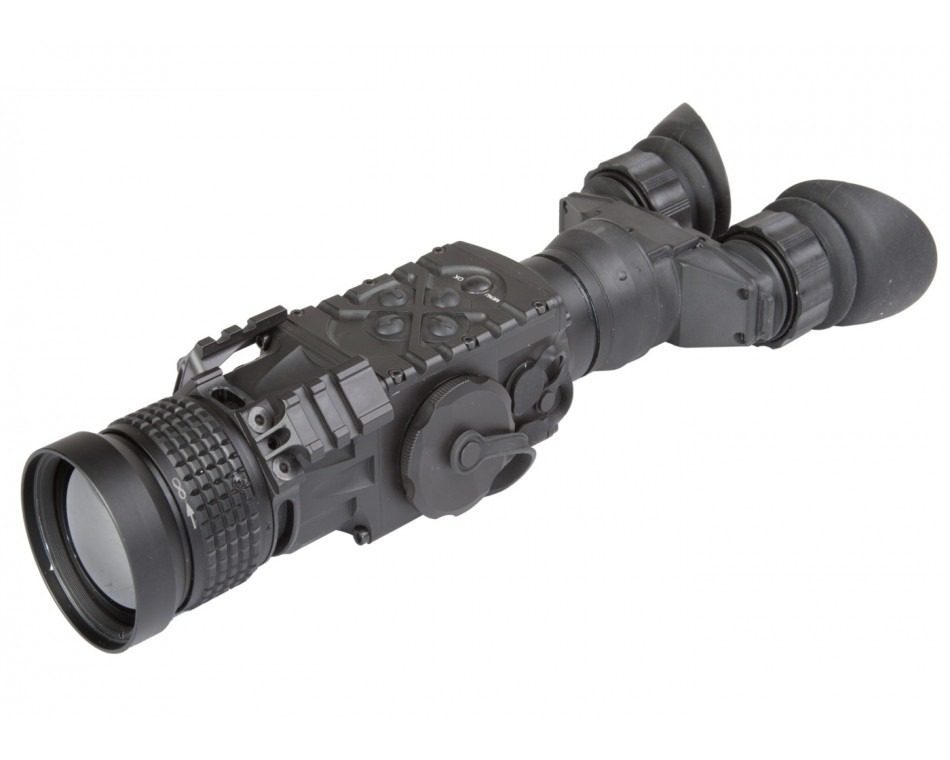
Solar panel technology is undoubtedly an environmentally friendly option for homeowners who wish to lessen their carbon footprint, lower electric bills, and possibly increase their home’s value by $20 for every dollar saved on energy.
However, despite its seemingly practical and cost-effective benefits, these panels depend on sunlight to work correctly. So, are solar panels worth the investment?
There is no one answer for everything because household consumption, location, or even roofing varies. To understand solar panels more, we must discuss what they are and how it works and then examine their upfront costs and potential returns.
Solar Panels And How They Work
Solar panels begin from their namesake—the sun. They are called “PV panels” because they work through PV cells. These PV cells absorb sunlight and incite electrical charges within the panels. In turn, electricity flows.
Solar panels have different applications. Generating electricity isn’t only its function. It can also serve both residential and commercial power systems.
Layers of silicon, phosphorous (the negative charge), and boron (the positive charge) comprise the individual solar cells that form ca solar panels. The photovoltaic Effect releases energy in the collision of photos to the solar panel surfaces. This collision generates solar cells and pulls these electrons free in a directional current.
Solar panels also have pros and cons when using them for your home.
Pros
- Environment-friendly
- Eligibility for tax breaks
- Sell back excess energy
Cons
- Pricey installation and maintenance costs
- Limited to sun power only
- Frequent parts replacement
- Limited tax breaks
Cost Of Solar Panels
The prices of solar panels alone have lowered over the years. In a CSE report, before accounting for tax credits, solar panel prices can range from $15,000 to $25,000. Of course, it depends on the electrical generation. To help evaluate the true cost of solar panels, here are some factors to consider:
Electricity usage
Identify your monthly electric consumption. If you are a heavy user, then there are greater chances that solar energy is more economically beneficial than your current electricity source.
Photoexposure
Since PV panels work mainly on solar power, it’s best to evaluate sun exposure in your area. If you live in sunny areas, you will likely get the most out of your solar electricity.
According to Nilsen, solar panels work better on roofs facing the south with a slope between 15 to 40 degrees. Moreover, roof shades can also hinder maximum sun exposure, so homeowners must be wary of covering their roofs if they want to maximize their solar panels.
Government incentives
A new federal law called Residential Clean Energy Credit incentivizes residents to adhere to clean energy home developments like solar energy. They enable taxpayers who install solar equipment to claim a federal tax credit for 30% of the price.
There are also extra cash incentives, property tax exemptions, and hassle-free permits available in some states. There are solar energy installation advantage from the government.
Panel type
The brand and kind of solar panels are further factors to consider. Additionally, the color, wattage, and company of choice also affect how much your solar panel installation will cost. It is also a good idea to figure out the cost per watt for the entire solar system and to take warranty, performance, and efficiency into account.
Roof space
The quantity of solar panels you install on the property depends on the available roof space. On top of this, the type of roof—clay tiles, GI sheet, roof deck—also add to the list of factors to consider. Roofs not facing west or south or with an angle or pitch too shallow or steep won’t be as effective as rooftop solar installations with the correct orientation and rise.
Trade Policies
Government trade policy changes also impact prices. Over the past ten years, there have been a variety of tariffs on imported solar panels and cells that have affected prices and supply. For example, in the US, strong trade policies could lead to a price increase of 20-25% in each country by 2030
Budget
The cost of acquiring solar energy is another deciding element. A homeowner must purchase a solar system that is sufficiently large for the home’s monthly electricity demand. Additionally, homeowners can reduce their need for electricity by choosing energy-efficient supplies and equipment such as inverter air conditioners and LED bulbs.
Is Solar Energy Right For You?
Solar technology offers another alternative way to consume electricity without increasing one’s carbon footprint. To eco-friendly homeowners, purchasing solar panels may be a no-brainer. However, solar panels can be more expensive than conventional sources of electricity when placed in inappropriate areas.
When deciding whether to supply solar electricity in your home, evaluating your electric usage and your local area for trade and government policies, sun exposure, and appropriateness is essential. Only you can answer whether solar energy is right for you or not.








